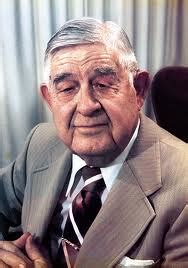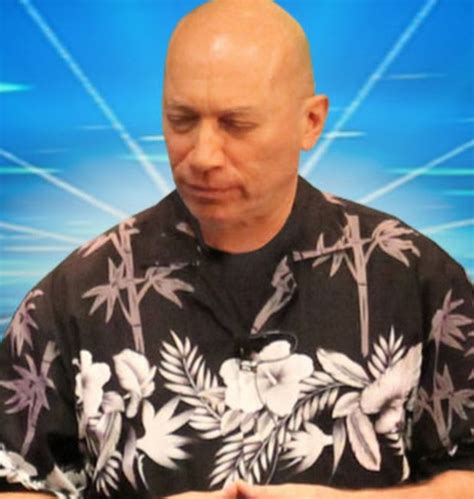A Quote by Sergio Chejfec
At one point I felt a tension between objects, their real, physical lives, and the idea of meaning: the physical, material reality of a book, and the totally intangible experience of reading it.
Related Quotes
That is an incredible period I think when you have a near-death experience. You are really understanding that there is a greater self than the physical body, and the cosmic anatomy as I call it is suspended and physical, is almost attached to it but not quite, and you're living in that in-between sphere of apparent reality around you and then the real reality of the infiniteness of it all.
Physical objects are conceptually imported into the situation as convenient intermediaries not by definition in terms of experience, but simply as irreducible posits comparable, epistemologically, to the gods of Homer . . . For my part I do, qua lay physicist, believe in physical objects and not in Homer's gods; and I consider it a scientific error to believe otherwise. But in point of epistemological footing, the physical objects and the gods differ only in degree and not in kind. Both sorts of entities enter our conceptions only as cultural posits.
We're not in the physical world. The physical world is in us. We create the physical world when we perceive it, when we observe it. And also we create this experience in our imagination. And when I say "we," I don't mean the physical body or the brain, but a deeper domain of consciousness which conceives, governs, constructs and actually becomes everything that we call physical reality.
Material objects give rise to physical happiness, while spiritual development gives rise to mental happiness. Since we experience both physical and mental happiness, we need both material and spiritual development. This is why, for our own good and that of society we need to balance material progress with inner development.
A thought has no size in the physical sense but is vast as compared to the physical acts and objects into which it is later precipitated. The power of a thought is enormous and superior to all the successive physical acts, objects, and events that body forth its energy. A thought often endures for a time much greater than the whole life of the man who thought it.
I agree that science is the best way of understanding the natural world, and therefore that we have reason to believe what the best science tells us about the objects in that world and the relations between them. But this does not mean that the natural world is the only thing we can have true beliefs about. The status of material objects as things that are "real" is a matter of their having physical properties, such as weight, solidity, and spatio-temporal location. In order to be real, such things need not have, in addition to these properties, some further kind of metaphysical existence.
As an architect it is very important that you distinguish between different realities. There's the reality of the drawing and the reality of the building. So one could say, or at least it is the common belief that architecture has to be built; I always denied that, because ultimately it is based on an idea. I don't ever need a building to verify my idea. Of course, what with a building is more its vanity and actual physical experience. But I anticipate; I wouldn't even build it if I could not anticipate how it would be.
Since man does not create physical matter, those who handle material objects in the production process are not producers in that sense. Economic benefits result from the transformation of matter in form, location, or availability (intellectually or temporally). It is these transformations that create economic benefits valued by consumers, and whoever arranges such transformations contributes to the value of things, whether his hands actually come into contact with physical objects or not.
Whether this vast homogeneous expanse of isotropic matter is fitted not only to be a medium of physical interaction between distant bodies, and to fulfil other physical functions of which perhaps we have as yet no conception, but also to constitute the material organism of beings exercising functions of life and mind as high or higher than ours are at present is a question far transcending the limits of physical speculation.
To say that a thing is imaginary is not to dispose of it in the realm of mind, for the imagination, or the image making faculty, is a very important part of our mental functioning. An image formed by the imagination is a reality from the point of view of psychology; it is quite true that it has no physical existence, but are we going to limit reality to that which is material? We shall be far out of our reckoning if we do, for mental images are potent things, and although they do not actually exist on the physical plane, they influence it far more than most people suspect.
The energy you give off based on your beliefs... your emotions... your behavior... the vibrational frequency you give off is what determines the kind of reality experience you have... because physical reality doesn't exist except as a reflection of what you most strongly believe is true for you. That is all that physical reality is. It is literally like a mirror.






































